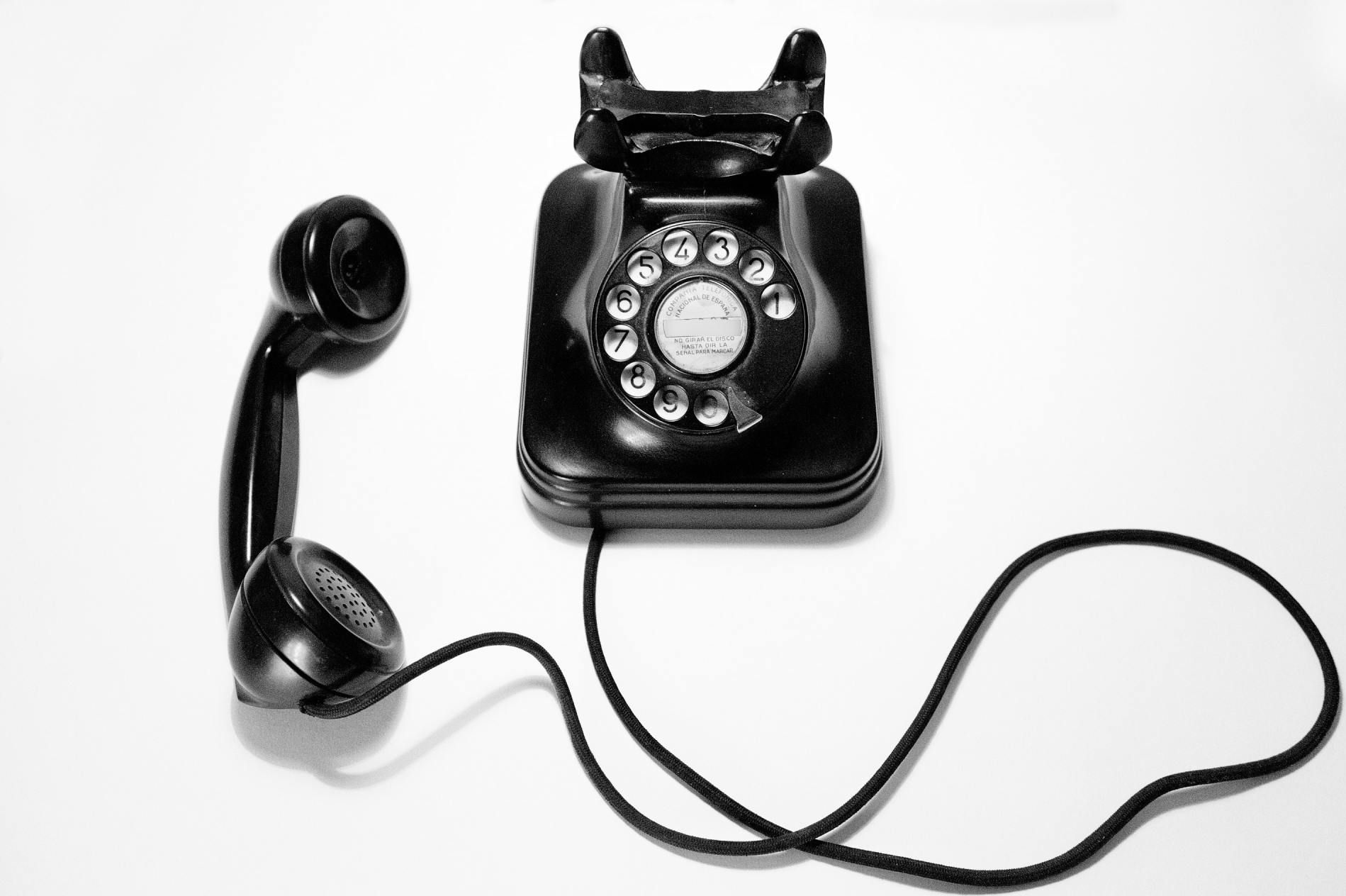Commonly, people disregard or minimize the impact others have on them and, fascinatingly, the effect they have on others. Many of us are already familiar with the placebo effect but understanding expectations is required to elaborate on its effectiveness. For those who need a little reminder or definition, the placebo effect is the experience of benefit of a substance or treatment that scientifically should not occur. For example, there have been cases where sugar pills have been found to “cure” sicknesses just because the person taking the pill believed it would. In essence, the major driving factor as to why this works is primarily due to the expectations associated with a task or object.
When an individual expects something to happen, many processes go on in our brains and bodies to meet these expectations. One of my favourite studies to demonstrate this was done in Japan in 1962 by Ikemi and Nakagawa. They studied 13 boys who had severe allergies to a Japanese plant similar to poison ivy. On one arm, they rubbed a harmless plant leaf that they were told was from the poisonous plant and all 13 developed severe reactions. On the other arm, they rubbed the poisonous plant leaves but told them it was a harmless plant. In this scenario, only two of the boys showed signs of a reaction. So not only did these boys develop a reaction from a harmless plant, but 11 of the 13 boys altogether avoided a reaction from the plant that they were confirmed to be hypersensitive to. Additionally, the two boys who experienced reactions had much milder reactions on the arm that was exposed to the harmless plant. This indicates how strong of an influence our expectations have.
So how can this help you?
Well, first and foremost, what do you expect out of your life? When you wake up in the morning, how do you expect your day to go? I know when I'm living my best life, I'm feeling confident and I expect to succeed. On the contrary, I know when I'm in a low mood, I expect things to go poorly or to not be enjoyable. Ultimately, how we expect things to go strongly predicts how the outcome will turn out. Now, this isn’t suggesting that you go to your local convenience store and expect to win the lottery. Of course our expectations should be realistic or you may fall into the expectation trap. If you continuously set unrealistic expectations and fail, you will likely be unsuccessful at meeting your expectations.
Moreover, we have to understand that expectations are seldom chosen by free will, but instead are often shaped by our past experiences. For example, if your partner is late every time you ask them to go on a date, what do you expect the next time you are supposed to go out? Expectations hold their most substantial influence when you truly and deeply believe in them. If you believe in your work and your efforts, it is only a matter of time until you attain the desired results.
Now we've discussed how expectations play an influential role in our lives and our optimization. What if I told you that our expectations of others influence their progress? In 1968, Robert Rosenthal and his colleague Jacobson tested an elementary school class's intelligence at the beginning of the school year. He then relayed to the teachers, without showing the results, which students showed the most potential for growth in the classroom. Once relaying this information to the teachers, they were instructed not to tell the students their results. The administrators regularly monitored the teachers to ensure all students were treated equally without any more or less attention. By the end of the school year, as expected, the students predicted to succeed significantly improved more than their classmates. Why is this amazing, you may ask? The students indicated the more significant potential for growth at the beginning of the school year showed nothing significant regarding the intelligence test results. The students picked for the study were chosen at random and had nothing to do with the test results. This effect, the Pygmalion effect, posits that the teachers' implicit and subtle expectations improved the overall academic growth of these children.
The Pygmalion effect is not only limited to teachers in classrooms. Parents, siblings, co-workers, partners, friends, and managers’ expectations of you impact your behaviour and your expectations impact them. Think about how it feels having someone close to you expect that you won't be able to achieve something. Alternatively, how amazing does it feel to have people expecting you to succeed? When people can count on you and expect you to do well, you are more likely to succeed.
Now that you see the effect you have on others, I suggest that you don't take it for granted. Desire the best for your friends, loved ones, and colleagues. We become the product of our environment, so ensure a positive social circle surrounds you. Whether it is as straightforward as helping you in the future or maybe it's something subtle like you notice your mom smiling and laughing more, these effects often come full circle. Progress is contagious.
"With great power, comes great responsibility" - Uncle Ben, from Spiderman
Written By: Erik Michalik, BASc, M. Psy Candidate
Edited/Reviewed by: Chantal Legere, M. Psy
References
Ikemi, Y., & Nakagawa, S. (1962). A psychosomatic study of contagious dermatitis. Kyushu journal of medical science, 13, 335-352.
Rosenthal, R, and L. Jacobsen. (1968) Pygmalion in the classroom: teacher expectation and pupils’ intellectual development. New York: Holt, Rinehart and Winston.

Call us now to book an appointment!
Toronto Psychologists Clinic
Our administrative assistants at Toronto Psychologists are available to assist you in booking your first appointment and answer any questions you may have. They are available from Monday to Friday, between the hours of 8:30am to 5:00pm.
If you are visiting us outside of our business hours,
click here to book an appointment now, complete the form on our
contact page to receive a call back, or leave us a message.
Location:
Yonge Eglinton Centre
2300 Yonge St., Suite 1600
Toronto, Ontario M4P 1E4
Email Us:
© All Rights Reserved. 2022. Dr. Stacy Lekkos.
Smart Site Design & SEO Services by Green Lotus Agency





